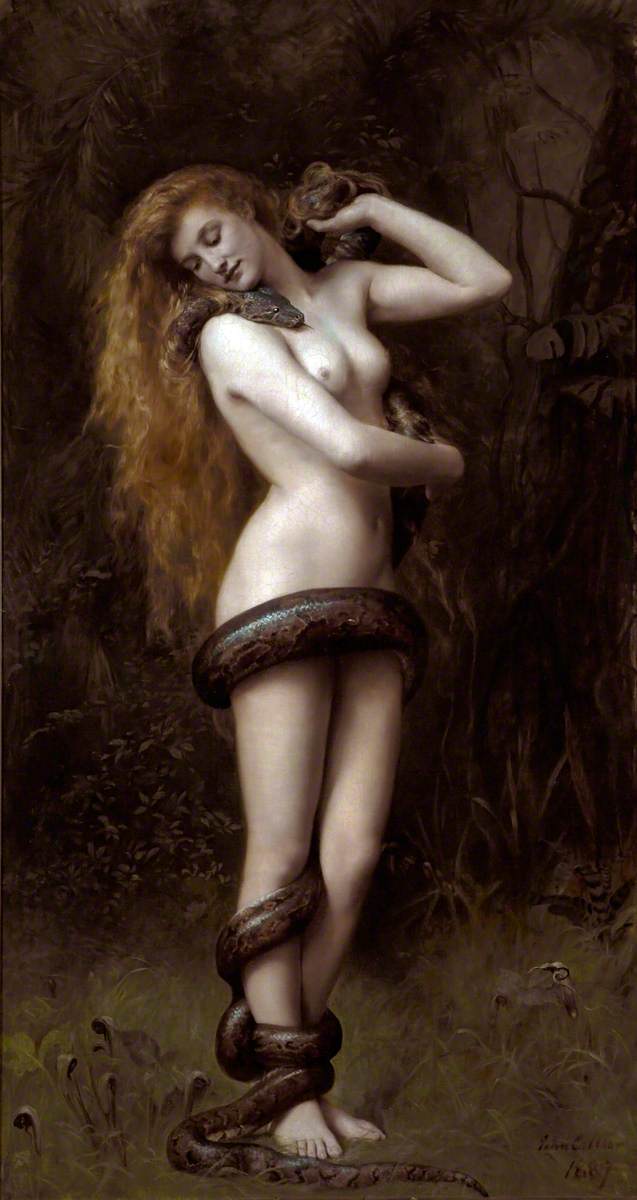
Well, Pat asked for this story:
I'm waiting for, "in which I purchase the Mulberry tree..."
I aim to please, so here it is ... but it could just as readily receive the title of
caveat emptor, as readers will discover.
This story goes far back into my childhood, so far retro that I hadn't yet discovered money, so the expression "I
purchase the mulberry tree" doesn't quite fit. Actually, I traded for it, so we're dealing with a
barter economy here.
As a child, I loved the occasional Sugar Daddy, a rectangular, caramel sucker confected by James O. Welch back in 1926 and sold by the James O. Welch Company until 1963, when the business was purchased by the National Biscuit Company, later known as Nabisco Brands. Incidentally, Mr. Welch's older brother Robert H. W. Welch Jr. was one of the founders of the staunchly anticommunist
John Birch Society.
No, I didn't know all that at the time. I learned it just now by reading Mr. Welch's
NYT obituary and a few other online
tidbits. But it shows you that my pre-monetary, barter economy rested upon a much larger, capitalist system that had engendered a candy company with personal links to a radically anticommunist society whose views about an
Illuminati Freemason conspiracy at the heart of Marxism bordered on the paranoid.
Is it any wonder, then, that my own first taste of economic activity should leave a bitter taste in my mouth? But I'm getting ahead of my story.
I think that I was about five years old, but I
know that I was profoundly enjoying a Sugar Daddy that my grandfather had bought for me. My older brother Pat was with me, and we were standing in our grandparents' front yard just a few steps from where it adjoined Arkansas State Highway 9 ... which is probably more detail than could possibly interest you.
Pat had also been eating some candy, but whatever he'd been enjoying had been quickly consumed, whereas a Sugar Daddy like the one that I was just getting started on could provide half an hour or more of caramel pleasure.
I soon perceived that Pat was enviously eyeing my candy, but in my pre-pecuniary frame of mind, I didn't perceive his own,
calculating mind at work, analyzing the statistical probabilities governing his chances of extracting my Sugar Daddy from me.
I should interject here that Pat is something of a genius, so even if I'm exaggerating a bit concerning his skills in calculating, I'm not so far off the mark. He started speaking at six months -- I have this fact from my mother and my uncle -- and I can recall that when I was only about 8 years old, which would make him about 9, he could tell me all about Einstein's theory of relativity.
I don't claim that he deeply understood Einstein, or that he knew the math, but he certainly knew a lot of the qualitative details, for I remember him describing to me how time slows down as an object speeds up, how a man traveling to a distant star at near light speed would return to find his friends and family had aged faster than he, how objects grow larger as they go faster, how light from a stationary object and light from a rushing train travel at exactly the same speed ... those sorts of things.
In short, he was light-years ahead of me.
First, he tried the direct approach: "Jeff, can I have a lick of your Sugar Daddy?"
"No," I replied, without missing a lick.
"I'll trade you my half of the mulberry tree for your Sugar Daddy," he offered.
I did some quick bourgeois calculations of my own, determined that I could delay gratification for the better returns that a fruit tree would provide, and handed him my Sugar Daddy.
Months passed...
Mulberries ripened.
I climbed up into the tree's branches and began plucking the fruits of my investment.
My fruits.
Pat soon joined me and also began pulling berries from the tree.
"You can't have any," I informed him.
"Why not?" he asked.
"Because they're mine," I said.
"Why are they yours?" he asked.
"The
tree is mine," I explained, wondering why my brilliant brother hadn't made the connection:
Jeff's tree = Jeff's berries.
"Why is the tree yours?" he asked.
"Because," I reminded him, "we
traded. I gave you my Sugar Daddy, and you gave me your half of the mulberry tree."
Pat, pulling still more mulberries from
my tree, not even deigning to glance in my direction, retorted, "A mulberry tree is worth a lot
more than a Sugar Daddy."
Which infuriated me.
Of course it was worth a lot more. I knew that. That's
precisely the reason that I had traded my Sugar Daddy for it.
In my fury, I went to my grandparents to complain, but they weren't very sympathetic. "The mulberry tree belongs to all of us," they pointed out.
I hadn't thought of that. It certainly complicated the economic transaction that Pat and I had enacted, but the fact remained that he had traded away his share in the tree.
Or so I thought.
My grandparents, however, thought very differently. In their view, the tree belonged to the entire family, but not in terms of divisible portions. It belonged
indivisibly to the family. We didn't own parts of it; rather, it belonged in its entirety to our family as a whole.
"What about my Sugar Daddy?" I wanted to know.
Nobody took that seriously. No recompense was forthcoming. I gave up. I had experienced my first encounter with collectivist 'economics,' and I didn't much care for it.
As for Pat, even though he had benefitted from this collectivist system, he must also have recognized its shortcomings, for he has gone on to make his career as a banker, where property is divisible and recompense is always forthcoming.
Well, perhaps not
always...


























